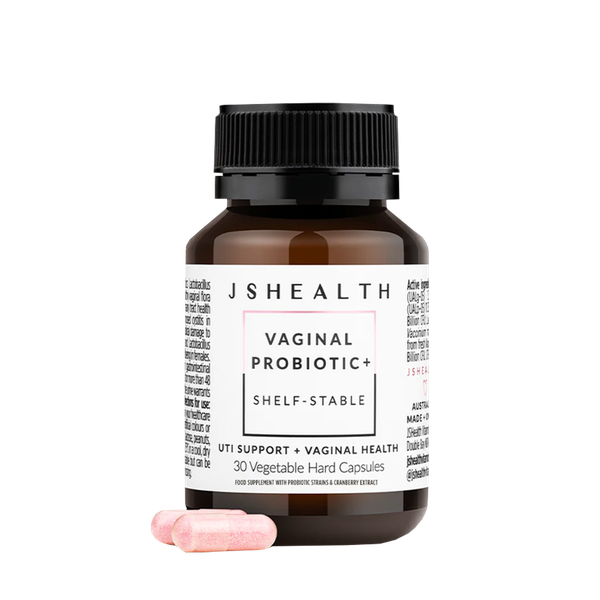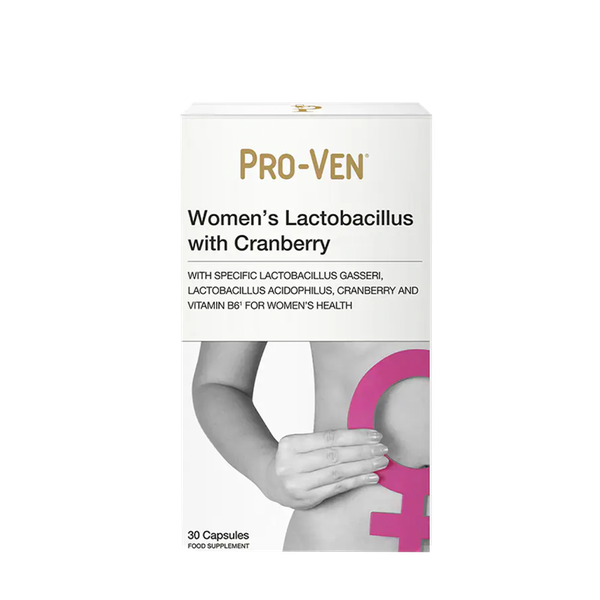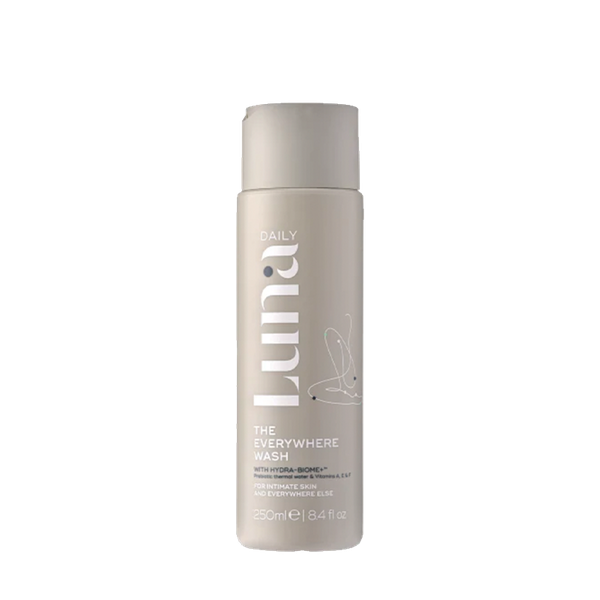A Gynaecologist-Approved Guide To Looking After Your Vagina
DO...
Know What’s Normal For You
“All vaginas have a natural odour that varies among individuals, and it changes throughout your cycle. This is influenced by hormones as well as diet and personal hygiene. A healthy vagina may have a mild scent, but it shouldn’t have a strong, unpleasant odour. Remember, the vagina is self-cleaning and is adept at maintaining its own environment.” – Miss Sushma Srikrishna, consultant gynaecologist at London Bridge Hospital, part of HCA Healthcare UK
Think About Your Diet If You Have Recurrent UTIs
“It’s interesting to note that recurrent UTIs and thrush are more common in diabetic women, as well as those with high insulin resistance and imbalanced blood sugar. If you’re prone to persistent UTIs and thrush, look at your diet. Are you eating a wholefood, anti-inflammatory, Mediterranean-style diet that keeps your blood sugar stable throughout the day? Consider your gut health, too. A colourful diet (think ‘eat the rainbow’) will strengthen your gut bacteria, which plays a role in both immune function and blood sugar regulation. If you are experiencing vulval itchiness, get your iron levels tested – a deficiency in your ferritin stores can trigger vulval itch.” – Dr Amy Shacaluga, NHS consultant gynaecologist & expert at Synthesis Clinic
Check Regularly
“The national cervical screening programme is in place for a reason – it’s paramount at preventing cervical cancer. If you’re someone who puts off their smear test, book in today. It’s quick, easy and an effective way to recognise disease in its very early stages, including changes that might not be visible to you. Get into the habit of checking your vulva regularly, too. Get to know what yours looks like so you can spot any changes. You should check your vulva as often and as thoroughly as you check your breasts.” – Amy
Think About Your Hormones
“Increased levels of oestrogen – whether driven by certain types of contraception, HRT or pregnancy – can affect the pH balance of your vagina and lead to overgrowth of thrush and bacterial vaginosis (BV), symptoms of which include a white and watery vaginal discharge that has a strong, fishy smell. On the other hand, low oestrogen levels, which can occur during perimenopause and beyond, affect the structure of vaginal tissue, causing thinning and less secretion. This can lead to vaginal dryness and soreness, pain during intercourse and an increased risk of UTIs. It could be worth taking a probiotic designed for vaginal health to help restore the natural bacteria.” – Dr Susanna Unsworth, gynaecologist at Intimina
Cut Back On Irritants
“If you constantly need the loo, consider cutting back on sugar, caffeine and alcohol, all of which can irritate the bladder. Eat more leafy green vegetables like spinach and fresh cranberries, which are rich in specific bacteria that help your body – and bladder – to fight off infection.” – Dr Penelope Law, consultant obstetrician & gynaecologist at Luna Daily
Practise Safe Sex
“Peeing after sex is important to ensure any bacteria that has travelled to your urethra is flushed out before it can develop into a UTI. Anal intercourse, meanwhile, is one of the biggest risk factors for recurrent UTIs. Avoid using excessive amounts of lubricants that contain harsh chemicals and instead opt for a water-based, glycerine-free, pH-balanced product to reduce the risk of discomfort and adverse reactions. Fortunately, the choice of natural lubricants has never been better. Spermicides, found on some condoms, can also increase your risk of infection and irritation, so consider showering after sex, too.” – Sushma
Know When To Get Help
“If you are experiencing thrush (yeast infections) more than four times a year, or UTIs more than twice in six months, chat to your GP to discuss causes and treatment options. It may be that you need a different treatment to those commonly prescribed, and need further tests to assess if another condition is present. If you are prone to UTIs, you should also never ‘hover’ over a public toilet – if you do this, you are at risk of failing to completely empty your bladder, which increases your risk of an infection. Always sit down properly to pee.” – Sushma
DON'T...
Wear Thongs Every Day
“One of the most important aspects of keeping your vagina healthy is keeping bacteria away from your delicate microbiome. Wearing thongs regularly can be a vehicle for bacteria to travel from the anal area to your vulva and vagina, which can quite quickly disrupt the vaginal microbiome. Instead, stick to cotton underwear, or other natural, breathable materials.” – Amy
Think Discharge Equals Thrush
“One of the most common misconceptions about vaginal health is women assume vaginal discharge means they have thrush. Discharge is totally normal, and will often change throughout your cycle, although it can be caused by other infections and problems. Thrush typically presents with a thick, white discharge that is often very itchy. If you suspect you have thrush, get an infection confirmed with your GP or pharmacist. Many women end up treating themselves recurrently for thrush when it’s something else entirely.” – Susanna
Overdo It
“Many women believe thrush and UTIs are associated with being dirty, although it’s the opposite. It’s common to pick up these conditions by being too clean. When you over-wash your vulva, you disrupt its delicate pH, which can lead to an infection. Your body is incredibly efficient at maintaining vaginal health. The bacterial environment down there is complex and usually needs no external products. Fragranced wipes and washes can disrupt the microbiome, so make sure you are using non-irritant, pH-balanced products. Always read the ingredients of a product to make sure it’s gentle enough.” – Penelope
Ignore Bleeding After Sex
“Bleeding during or after sex that’s not related to your period – or spotting either side of your period – could be a sign of an underlying pelvic infection. If you experience bleeding after sex, your GP will want to look at your cervix via a speculum examination and take a swab to rule out infection.” – Amy
For more from the experts, visit SynthesisClinic.co.uk, Intimina.com, Luna-Daily.com & HCAHealthcare.co.uk.
SHOP THE EXPERTS' PRODUCT EDIT







DISCLAIMER: Features published by SheerLuxe are not intended to treat, diagnose, cure or prevent any disease. Always seek the advice of your GP or another qualified healthcare provider for any questions you have regarding a medical condition, and before undertaking any diet, exercise or other health-related programme.
DISCLAIMER: We endeavour to always credit the correct original source of every image we use. If you think a credit may be incorrect, please contact us at info@sheerluxe.com.



